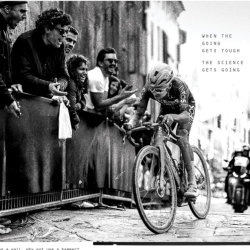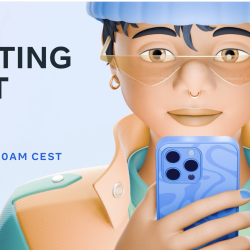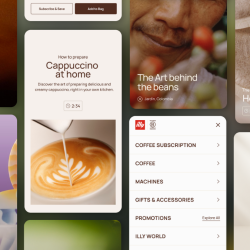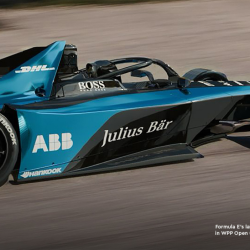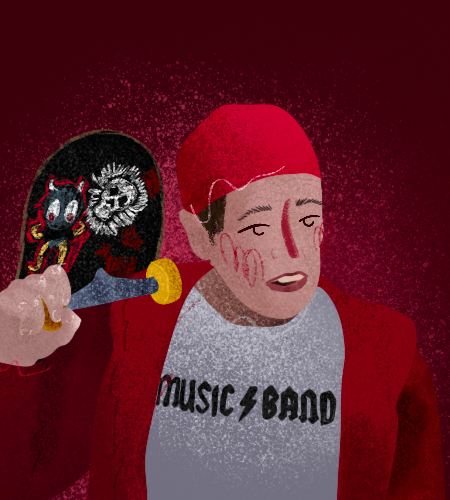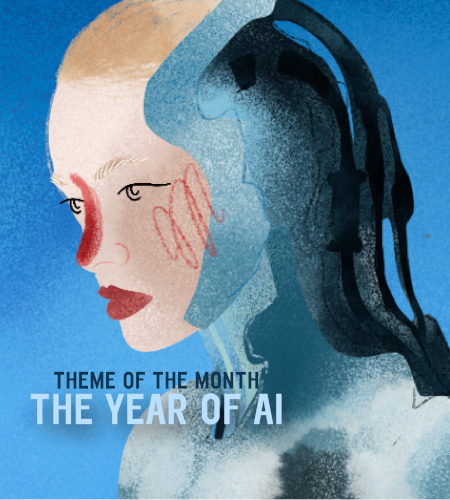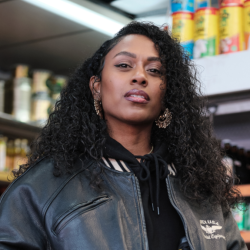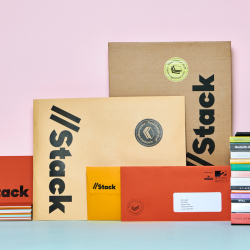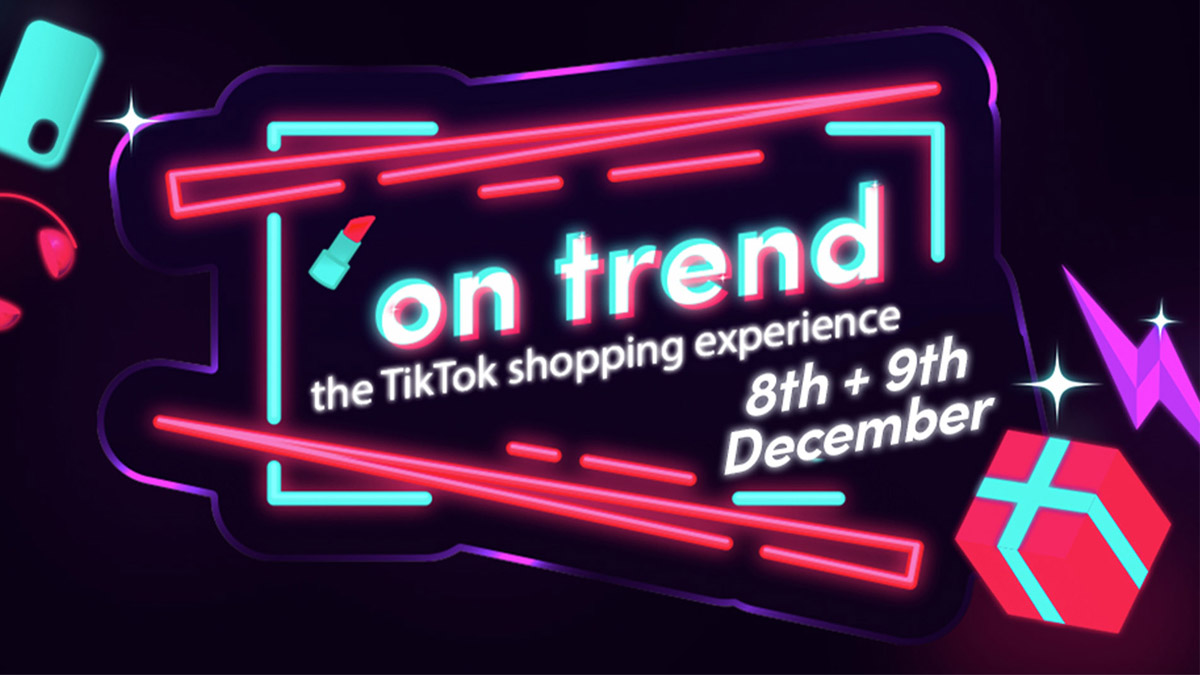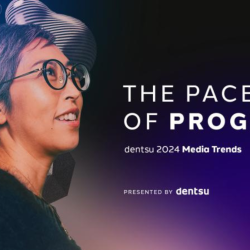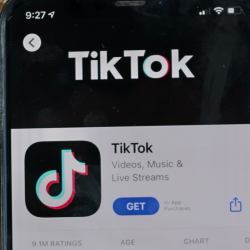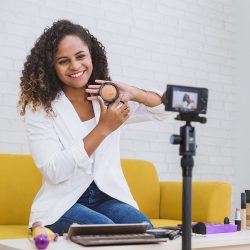2021 was a year dominated by vaccine rollouts and a reopening of the world for brands and consumers alike. But as we start to emerge from the other side of lockdowns and restrictions, it’s become apparent that things have changed.
Major shifts in restrictions and consumer spending on a regular basis have left many consumers feeling fatigued, and digital becoming the main connecter between the world and brands has seen greater expectations placed on seamless, engaging digital experiences.
For marketers, this presented unprecedented challenges in terms of rapid transformation and changing customer preferences. Of course, 2022 isn’t without its own challenges and we’re only a few weeks in.
Brands, therefore, need to ensure that they can continue adapting their marketing messages and strategies to be mindful of what our customers want from brands now and in the future. That’s why we’ve lifted up the veil to uncover what consumers expect in the year to come by going directly to the source.
Our recent survey of 1000 consumers has identified the key trends that marketers can capitalise on to stay ahead of their customer expectations and their competition.
Here’s what you need to know:
Online shopping is here to stay but expectations are high
It’s no secret that the pandemic has drastically accelerated the shift to ecommerce. As lockdowns were instituted across the country and many brick and mortar stores had to close or scale down their operations, online sales skyrocketed. In fact, e-commerce sales reached $759.47bn in 2020 and show little sign of slowing. Digital shopping has given greater access to brands, products and experiences, and has become a hygiene factor as a result. Our survey paints a similar picture as the majority of consumers we surveyed were turning exclusively or mostly to online shopping.
But with greater access comes greater expectations. Consumers have come to prioritise seamless online experiences, from discovery to delivery, with most prioritising fast and reliable delivery over free delivery. As supply chains and workforces continue to be affected by issues like the rise of new variants and the filtering-through effects of Brexit, brands need to brace themselves.
The truth is that disruptions can lead to more than just empty shelves, angry consumers and lost revenue. They have a lasting, negative impact on reputations. That’s why communication is going to be key. Marketers need to be ready to have open and honest conversations with consumers to ensure trust remains in the face of disruption.
Social media drives consumer interest, but it’s evolving
More and more consumers are discovering products on social media nowadays. As media consumption has increased drastically in recent years, consumers are more likely to engage in “passive shopping” as they scroll through their social media feeds.
But in 2022, authentic engagement with brands will dictate what goes in consumers’ baskets.
Platforms like TikTok and Pinterest are building live streaming capabilities, allowing brands to fuel greater engagement with products through chat functions and exciting endorsements from influencers and performers. In December last year, TikTok brought this to life through its On Trend event — a live shopping experience (above) that involved brands like L’Oreal Paris, NutriBullet and Charlotte Tilbury.
Alongside this, we are seeing a shift in the creator economy as consumers start to become fed up with feeling like they’re being sold to. That’s probably why influencer posts, which blatantly promote products, don’t work as well — only 15% of those who purchased something they saw on social media did so after seeing the product in an influencer post.
The brands that will succeed will be those that add value to the lives of their consumers, ‘human to human’. By creating genuine connections and putting real faces to brand through real-time insights or creators with a passion for the product, brands can add an emotional connection to the purchasing experience that is hard to recreate on a checkout page.
Hilton’s recent campaign is a great example of brand giving creators the power to do things their way, creating meaningful and engaging process as a result.
Data is still debatable, but it’s time to rethink how to get personal
Our survey found an even split between those who are and aren’t comfortable sharing their data with companies. As the mechanics of data sharing change with no certainty of what will replace tracking cookies, marketers should waste no time rethinking how they encourage their customers to share information.
Advertisers will need to get creative. On-website quizzes, conversational pop-ups and surveys are just a few ways in which brands can reimagine the sharing process, beyond a box-ticking exercise. What might be seen as a huge challenge, might in fact be an opportunity to create stronger relationships with customers, resulting in better targeting and more personalised content that will perform better.
Mizzen + Main (below), a menswear brand, is jumping on this bandwagon.
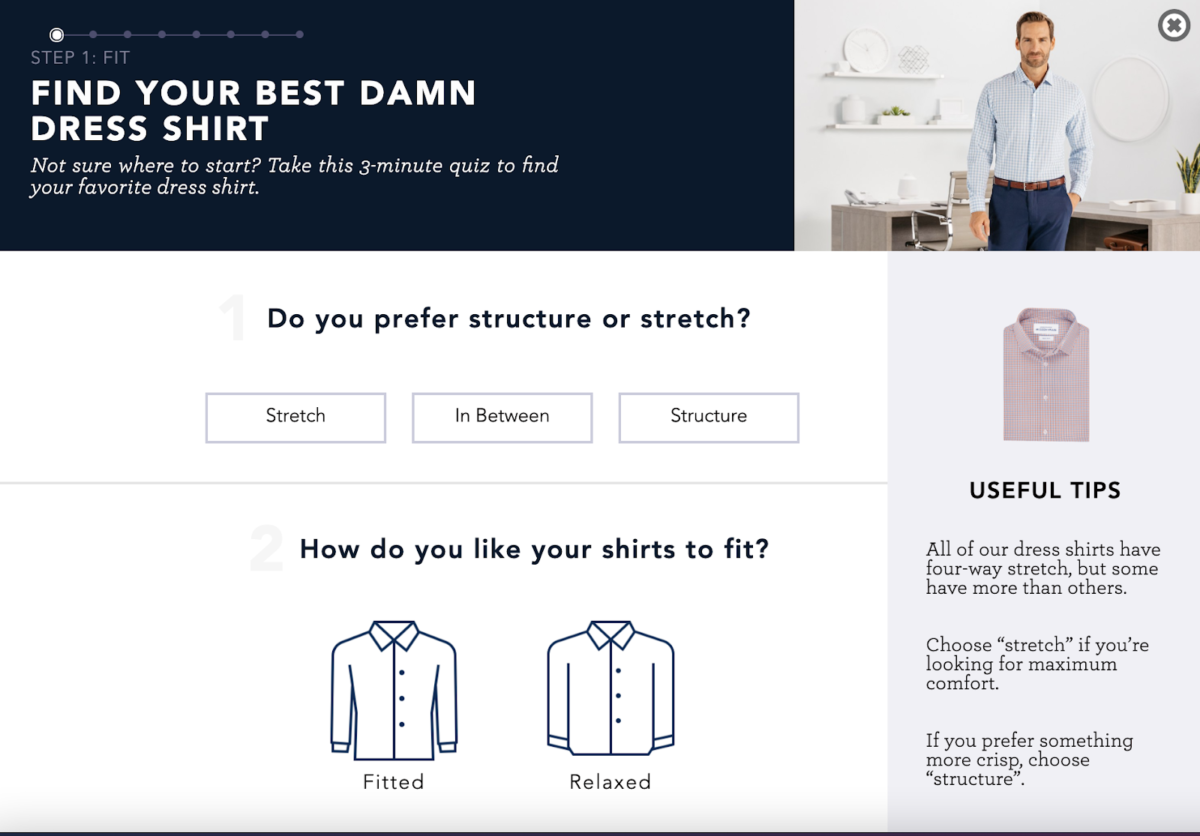
It’s using an interactive quiz in exchange for loyalty points in order to collect information on their customer base’s activities, height, weight and clothing preferences. This enables them to build deeper personalised experiences from recommendations to tailored offers.
2022 is certainly a year for optimism. With marketing budgets opening up, brands get to reimagine their relationship with consumers in new and exciting ways. What consumers care about may have changed, but the importance of brands in their lives hasn’t.
Featured image: TikTok Shopping




